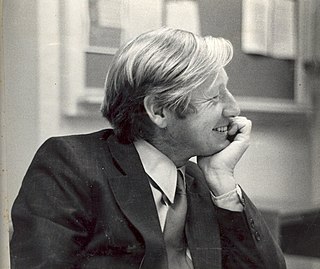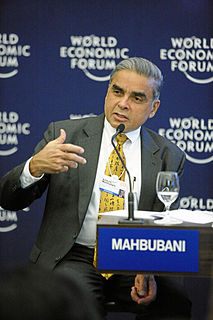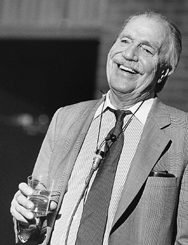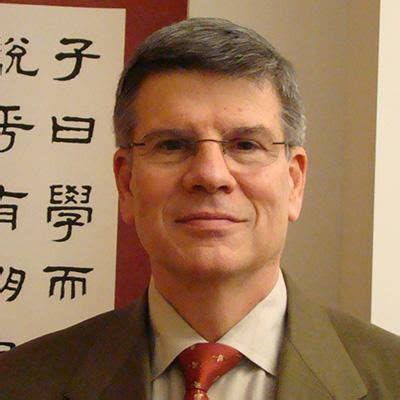A Quote by Sanjaya Baru
Few disagree with the view that the 21st century will witness the return of Asia to the centrestage of global economic activity.
Related Quotes
The 21st century will be the Asian century. This also means that Asians will be expected to provide greater leadership to solve global challenges, including environmental challenges. Hence, this multi-disciplinary programme from NUS could not be more timely. It meets a pressing need to educate, train and empower leading players in the public, private and civil society sectors in Singapore, Asia and the world.
To those of us who have been following the climate debate for decades, the next few years will be electrifying. There is a high probability we will witness the crackup of one of the most influential scientific paradigms of the 20th century, and the implications for policy and global politics could be staggering.
Here's what I don't think works: An economic system that was founded in the 16th century and another that was founded in the 19th century. I'm tired of this discussion of capitalism and socialism; we live in the 21st century; we need an economic system that has democracy as its underpinnings and an ethical code.
Here's what I don't think works: An economic system that was founded in the 16th century and another that was founded in the 19th century. I'm tired of this discussion of capitalism and socialism; we live in the 21st century, we need an economic system that has democracy as its underpinnings and an ethical code.
Earlier this week ... scientists announced the completion of a task that once seemed unimaginable; and that is, the deciphering of the entire DNA sequence of the human genetic code. This amazing accomplishment is likely to affect the 21st century as profoundly as the invention of the computer or the splitting of the atom affected the 20th century. I believe that the 21st century will be the century of life sciences, and nothing makes that point more clearly than this momentous discovery. It will revolutionize medicine as we know it today.
In the 21st century, we face new and more intense global competition, spanning the ambitious and industrious economies from Latin America to Asia. To meet the challenge, Britain must rediscover and reward the lost virtue of hard work - a tried and tested route to individual success, national prosperity, and a fairer society.



































